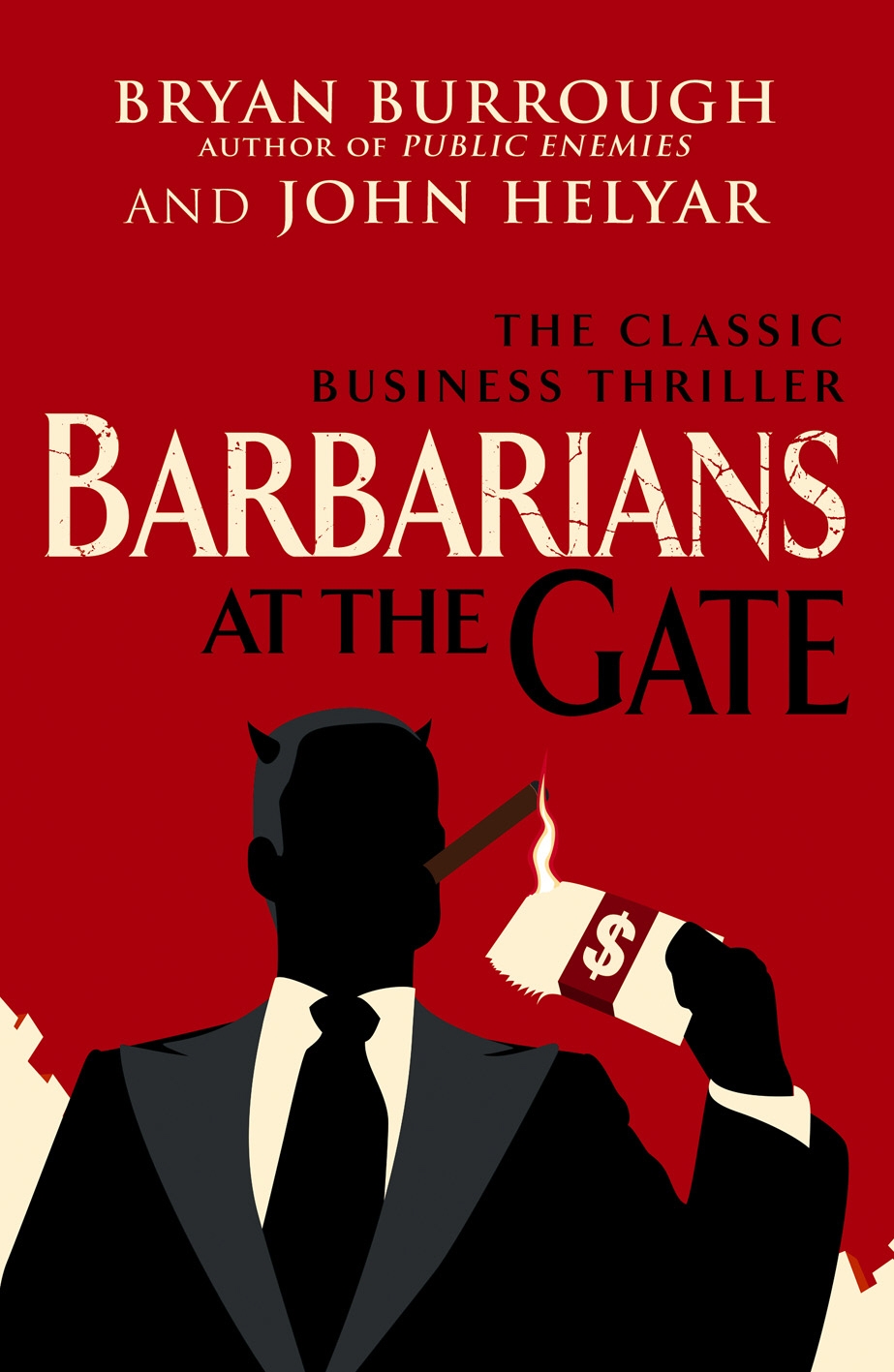
This book documents the series of events leading up to the successful leverage buyout (LBO) of RJR Nabisco.
Mechanism of an LBO exercise
- Figure out the cheapest possible price to acquire the asset and its future cashflows while keeping transaction costs low
- The acquisition team access the business to decipher potential cashflow, areas for cost savings and parts that could be sold off
- The acquisition team raises private money to do the acquisition
- During this period of time bandwidth of law firms and banks are fully engaged
- Competing offers should be expected once a public announcement of an LBO buyout is made
- Law firms and investment banks will charge fees even if the hiring party does not win the bid
Methods for financing an LBO exercise
- issue of junk bonds
- raising from private investors
- issue of shares to directors to drive down level of cash required for the purchase
- payment through cash
- utilization of legal loop holes to reduce taxation on the LBO transaction
Motivations for an LBO exercise
- The management team:
- a option to exercise when the market is persistently undervaluing the shares of the business
- free up value to reward themselves and their share holders
- the CEO being the typical Type A personality got bored and restless from running his day to day business
- The investment banks:
- when the market is down but they still need to figure out ways to make money through business transactions
- some needed an opportunity to enhance their prestige so as to attract future opportunities. Securing a prominent position in the transaction has that effect
Lessons from the LBO exercise
- The inability to sit in a room and doing nothing is the source of most trouble.
- The CEO ended off worst off than he did before the LBO event
- Having inside support matters
- Having support of the management team provides knowledge of where cost savings could be had in the operations
- Just when you think shit will not happen, it usually does.
- The management team was expecting an uneventful transaction. Unfortunately, the operation quickly escalated out of control when competing bids surfaced.
- When money is cheap, Wall street gets creative
- the Federal reserve provides cheap money which cannot be put to real economic use, LBO is just another method Wall Street utilizes to make a profit from this cheap money
- When egos start getting involved, its no longer about making a profit
- the successful acquirer ended up defaulting on a lot of the junk bonds issue
- what started as an initial USD76/share bid quickly escalated to USD106/share
- When an opportunity as large as this becomes available, the services of lawyer firms and bank credit becomes scarce and it is hard to gain access to such facilities as a new comer to the table
- Companies actively manage Wall Street expectation
- RJR Nabisco actively engaged in wasteful activities to project a steadily advancing year over year profitability and thus share price. It could have operated efficiently and have the share price reflect the actual value on day one
- The core business will falter overtime when the operators get distracted by other activities and are no longer engaged and connoisseur of their own products
- early employees of Reynolds cigarettes are themselves enthusiast smokers. They released a new product only when it passes their own taste test
- later management were focused on milking the cash cow and started changing the culture as such
- Negotiation dynamics
- the senior financiers will generally play the diplomat (good cop)
- the junior and middle level financiers will be in charge of hashing out the details (bad cop)
